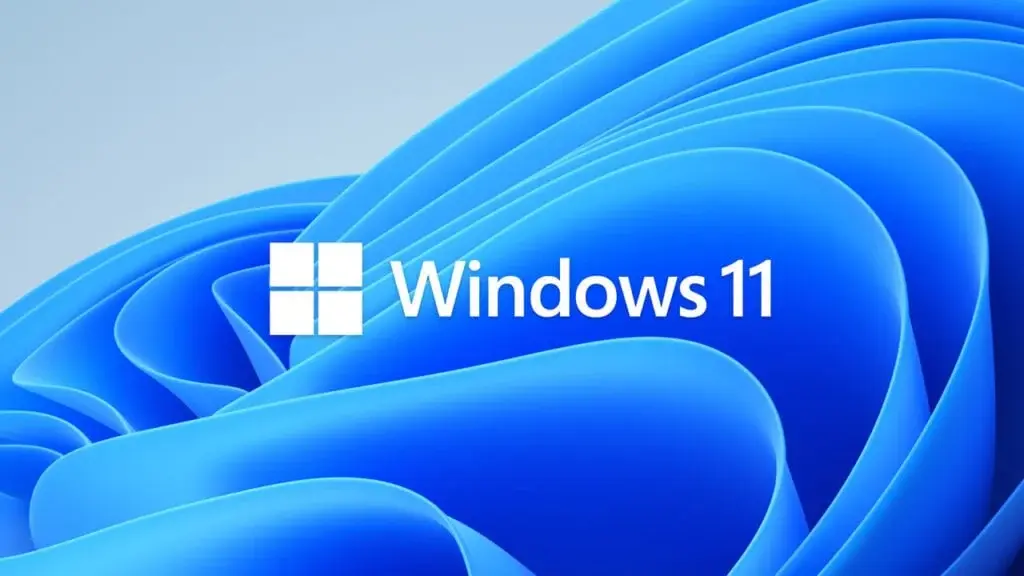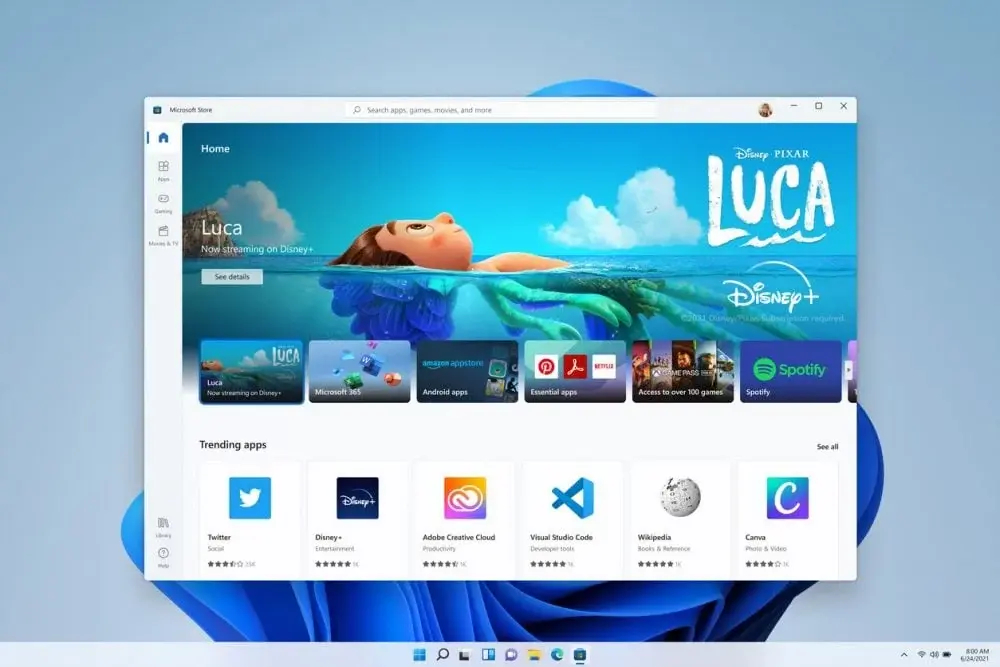In a surprising turn of events, Microsoft has revealed that it will cease its support for Android applications on Windows 11 starting March 5th, 2025. This decision specifically impacts the Windows Subsystem for Android (WSA), a crucial component for running Android apps on the Windows 11 platform.
Introduction of WSA Feature
Initially launched in 2021, the Windows Subsystem for Android (WSA) enabled users to seamlessly access and utilize Android apps, either through direct loading or acquisition from the Amazon App Store. This feature quickly gained traction among users, but its future now appears uncertain.
Microsoft’s Cutback Decision
The announcement of the discontinuation of WSA support emerged recently through an update in developer documentation. This alteration understandably affects the Amazon Appstore on Windows and all applications or games reliant on WSA functionality.
Implications for Users and Developers
Microsoft’s decision implies that starting from March 5th, 2024, users will no longer be able to install new Android applications via the Amazon Appstore on Windows 11. However, individuals with existing apps can continue using them until March 5th, 2025, with updates accessible until that time. The aftermath post this date remains unclear, leaving the possibility of apps ceasing to function or losing official support.

Amazon has also verified the discontinuation of support, indicating that developers will be unable to submit new apps intended for Windows 11 after March 5th, 2024. Developers with existing apps can continue to provide updates until the Amazon Appstore on Windows 11 is terminated.
Uncertain Future for Android Apps on Windows 11
Microsoft’s resolution regarding Android apps on Windows 11 has left their future uncertain. While the company has not disclosed official reasons for terminating WSA support, potential factors could include the limited adoption of the service or technical obstacles.
For users keen on utilizing Android apps on Windows, reverting to using third-party Android emulators may become the way forward.


Leave a Reply